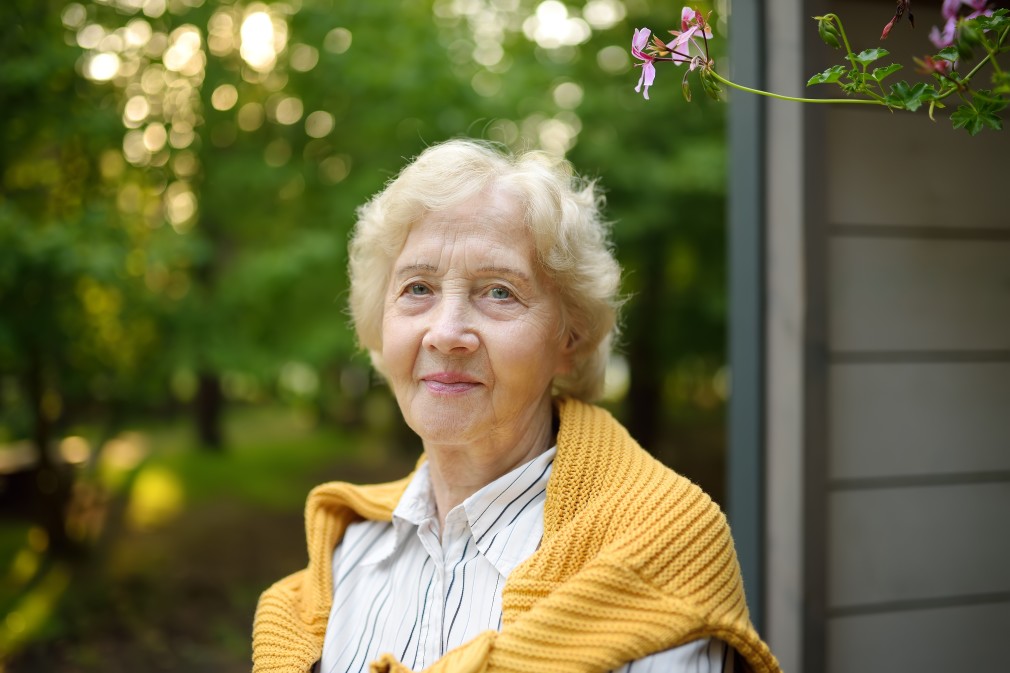Question: My mother is in a nursing home; she is 89 years old. My father passed away a few years ago. My mother fell and broke her hip recently. It looks like she will not be returning home. She has a home, a car, and some money in the bank. What do I need to do to get her on Medicaid?
Answer: Well, that depends on what you mean by “some money in the bank.” As a single person, she is allowed to keep her home, the contents of the home, one vehicle, and a maximum of $2,000. That was the short version; let’s get into a little detail: She is allowed to keep her home as long as the equity value of the home does not exceed $636,000. I know that seems like a lot, but if she has a farm then that could easily exceed that amount.
Further, the home cannot be in a trust. If it is, the entire equity value is counted towards her $2,000 asset limit. As for her vehicle; she can keep one vehicle regardless of value. However, its main purpose has to be for transportation. It doesn’t mean that she has to drive it, it just means that it
may be used for her transportation. For instance, you can use her vehicle to pick her up and take her to lunch, or home for the holidays, or doctor visits, or you use it to go the nursing home to visit her. That being said, you would probably run into problems if you used her money to buy a Ferrari. As for her money in the bank; the most money she can have is $2,000. This includes bank accounts, retirement (like an IRA or 401(k)), an annuity, the cash surrender value of whole life insurance, etc. The list goes on and on. I would advise you to see an attorney who practices in the area of asset protection
planning for nursing homes.
Michael B. Walling is an Elder Law attorney with an advance Master of Laws degree. He manages The Elder Law Center and the law firm of Michael B. Walling, PLC. Mr. Walling is also a part-time Professor at Western Michigan University. Please email any questions you would like addressed to: info@wallingplc.com. This column is intended for general information purposes only and should not be considered as legal advice to any particular person.

Recent Comments